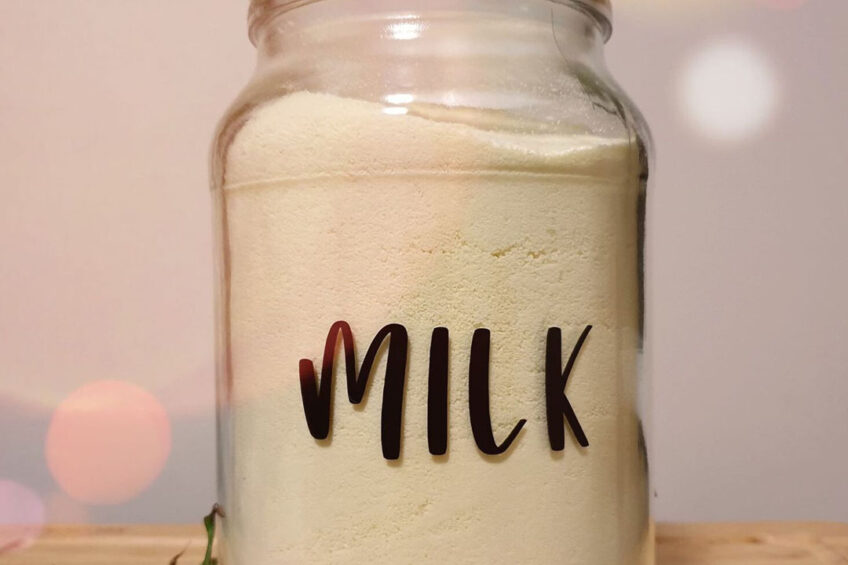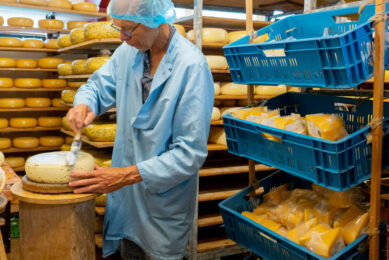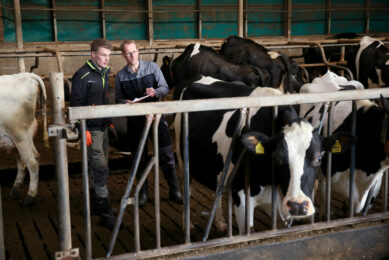Russia and China intensify agricultural ties

Russian and Chinese authorities have recently discussed implementing a joint project of building a milk powder factory in the Heilongjiang province, bordering Russia’s Far East, the press office of Oleg Kozhemyako, the governor of Primorsk region, Russia, reported on 15 June.
Kozhemyako expressed confidence that the construction of the enterprise would be approved by the countries’ leaders, adding it may take 18 months to become operational. Russia is ready to allocate investment, while Belarus may provide raw materials and technologies.
Stronger agricultural and political ties
Talks on various cross-border agricultural projects have seemingly intensified between Russia and China during the past year as the countries forge stronger political ties.
Alexey Gruzdev, head of the Russian think tank Streda Consulting, told local newspaper Agroinvestor that under one of the possible supply schemes, the raw milk could be produced in the Russian Far East, exported to the Chinese factory for processing and eventually sold to the local market. He added that Chinese companies could act as investors, though there is no clarity on how this project could be turned around.
“Belarus can play 3 roles in this case. Firstly, the republic is now putting a lot of effort into promoting its dairy farming technologies. Perhaps this is what they will be providing. The second option is that they can invest money. Thirdly, they can supply milk powder to be packaged at this factory,” Gruzdev said.
Win-win situation
Marina Petrova, director of the Russian consulting agency Petrova 5 Consulting, told the publication that building the factory in the Heilongjiang province could be a successful example of cross-country cooperation in agriculture and a win-win situation for all parties involved.
She explained that China would eventually get a stable volume of milk powder supply, while Belarus gets valuable experience and an opportunity to increase sales on the Chinese market, and Russia could get investments, taxes and jobs.
Petrova assumed that the investments in the factory could be close to 5 billion roubles (US$80 million). It should be borne in mind that such a project would be subject to state aid in the form of concessional lending and CAPEX compensation, Petrova said, adding that it would reduce the payback period from 8-9 to 5-6.5 years,” she said.
The key difficulties in implementing such a project include Western sanctions against Russia, plus it might be difficult to ensure the stable quality of raw milk when the production volume is bigger than 500 tonnes per year, she added.
Join 13,000+ subscribers
Subscribe to our newsletter to stay updated about all the need-to-know content in the dairy sector, two times a week.










